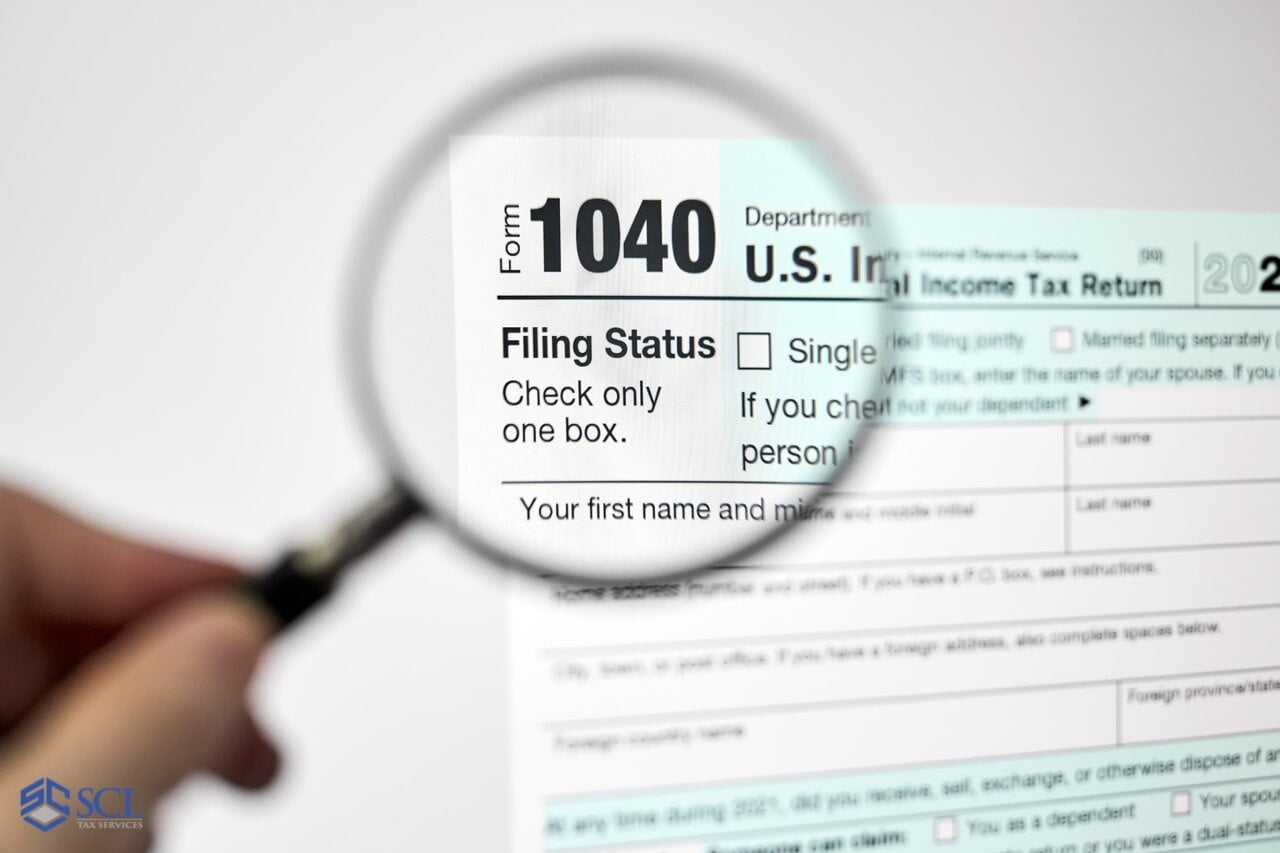When someone passes away, it’s the executor’s responsibility to file the state and federal income tax returns for the year that led to death. If a joint return is in question, the surviving wife or husband shares the responsibility. If the deceased individual was single and under 65, and his/her income was less than $12400 for that year, you don’t need to file a federal tax return. If the deceased individual was married and filing jointly and his/her income was less than $24800 in the final year, you don’t have to file the return. Money, goods, and property can be gross income for a person who passes away. For individuals with more considerable income, the tax might be applied to a part of social security. Self-employment income can also be included as gross income. Even if it isn’t necessary, file a return anyway for the deceased. A refund might be payable if the tax is deducted from the dead person’s salary, pension, or annuity.

Are you looking for Bronx accountants? Do you have tax problems or IRS trouble? SCL tax services in & near Bronx, NY, is your best solution. Our company offers various services, including business taxes, tax accounting, payroll services, bookkeeping services, and more. Our tax professionals have enough experience to provide the best ideas for you. You can count on our highly educated tax accountants for assistance with your tax preparation. Contact our tax office right now!
You need to take the following steps on behalf of your beloved dead person:
1- Determine the person that must file the return. This responsibility is for the executor or administrator of the estate. A surviving spouse can also do this.
2- Be vigilant about the proper filing deadline. The tax return must be prepared by the tax filing deadline of the year after the decease.
3- You must complete the same forms the deceased individual would have utilized if they were not dead. It’ll be challenging and difficult to obtain enough information if you don’t know anything about the deceased person’s financial issues. The previous year’s tax return can be a good starting point.
Total income and marital status are two crucial factors that determine whether Social Security benefits are taxable. If Social Security benefits were the only source of income for the deceased individual, the tax usually doesn’t apply to them. But if the deceased had other sources of income, the issue is different, and Social Security benefits are taxable.
Some particular rules apply to surviving husbands and wives. A surviving spouse can file a joint return for the year his/her spouse passed away. If the surviving spouse remarries that year, a separate return for the deceased spouse must be filed.
A surviving spouse with a child might get a tax break for two years after his/her spouse’s death. The surviving spouse eligible for special filing status, known as a qualifying widow, can pay the applicable tax determined for married couples. A smaller tax bill will be available as a result. The following requirements must be met to be eligible:
1- You must have the right to file a joint return with your partner for the year of decease.
2- you must not have married again before the current tax year ends.
3- You need to have a child, stepchild, or foster child eligible as your dependent for that specific tax year.
4- You have to provide more than half the expenses of maintaining your home, which is the kid’s principal place.
The IRS form 1040 is familiar to anyone who has lost a loved one. As an executor, you can sign the form. If you are the surviving partner and filing a joint return, sign it by adding the phrase “filing as surviving spouse” after your signature. If you are not the executor, the signature must be done by the executor. Sometimes, there is no surviving partner, and the court hasn’t appointed any executor. In this situation, an individual who has taken charge of the deceased’s property must sign the return as a personal representative.
Are you considering Bronx tax services? SCL tax services in & near Bronx, NY, is the best choice. We have the most outstanding tax professionals and experts in line with years of experience. Our top priority is the satisfaction of our esteemed customers. Call us at 347-305-4348 right away to feel the difference!

The tax return for the year the individual passed away is the final tax return. In most cases, it is due on April 15 after the year of death. If the dead person hasn’t filed a return for the previous year, you must also point out that. For instance, if a person dies in March, before filing the return for the prior year, two returns must be filed. One of the returns is for the preceding calendar year, and the other is for the year of decease.
You can easily claim a refund if you are a surviving partner handling a joint return. There’s no paperwork in this process, and everything is straightforward. Others who file a return on behalf of a deceased individual must file supplementary documents.
If you are an executor appointed by the court, append a copy of the document that gives you the right to act. It might also be known as letters testamentary or something similar, depending on the state.
If you are not appointed by the court to represent the estate, file form 1310 accompanied by the return.
The same rules as for living taxpayers apply to a deceased individual. Keep in mind the following tips:
When the deductions are not itemized, the full standard deduction can be claimed.
The full credit might be taken if the deceased person was 65 or older or retired before the end of the tax year.
Medical expenses that are qualified might be claimed as deductions on the final tax return or if a federal tax return is filed.
If you are looking for Bronx tax services, we can be a big help. We have highly qualified tax professionals with excellent knowledge and experience. They can guide you through the entire process of tax preparation. Years of experience make us specific. Our history is a telltale sign of our performance. We do our best to make our esteemed customers satisfied. Our quality services are unique because they come from a qualified team. We are creating a revolution in tax services, and due to our professional team, we can provide practical ideas for you. Our customer service is friendly, and you will hear the friendliest voices calling them. Contact us immediately to get what you deserve!
If it was helpful, please leave us a 5star review. It would help a lot. Thanks!
We are here to relieve you of the tax pressure by offering a wide range of Tax Services In & Near Bronx, NY. If you need expert advice or need us to complete your taxes, we will provide it for you. We know you work hard, so we work hard to serve your needs.
Your time is valuable, which is why we are here for you.